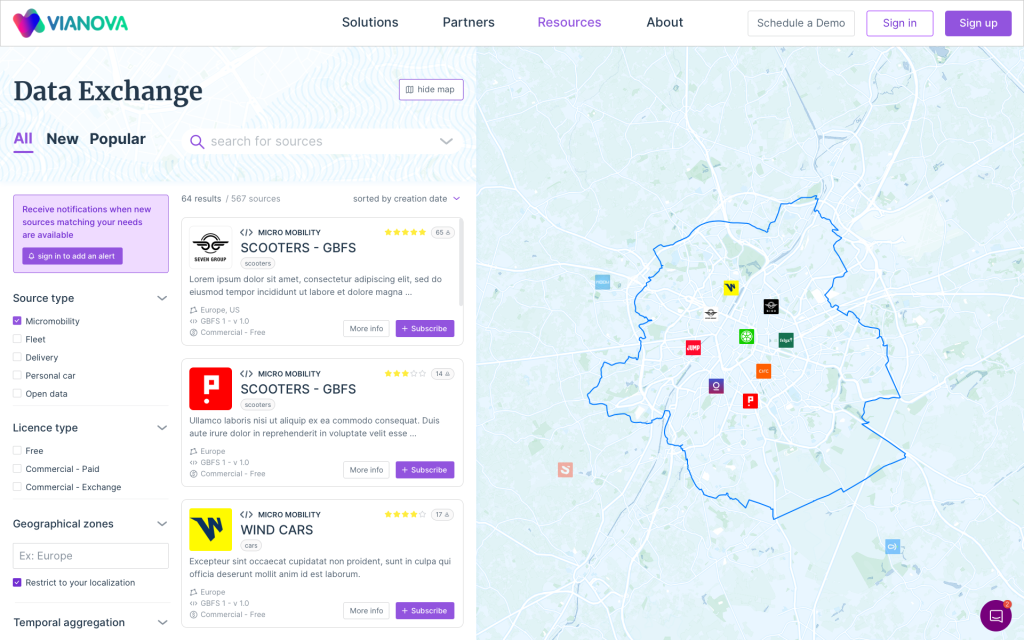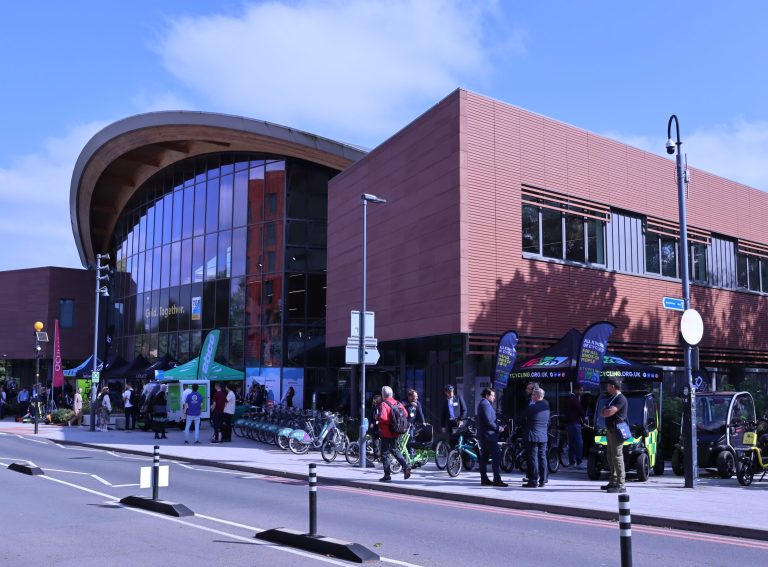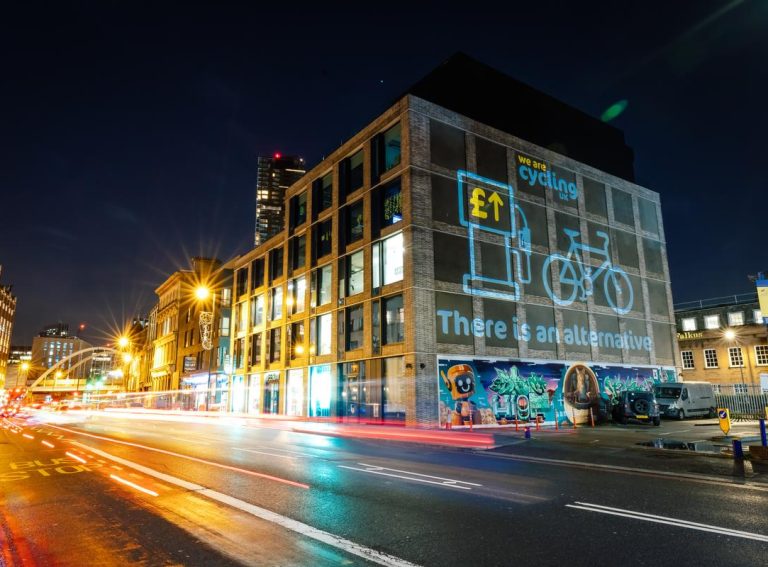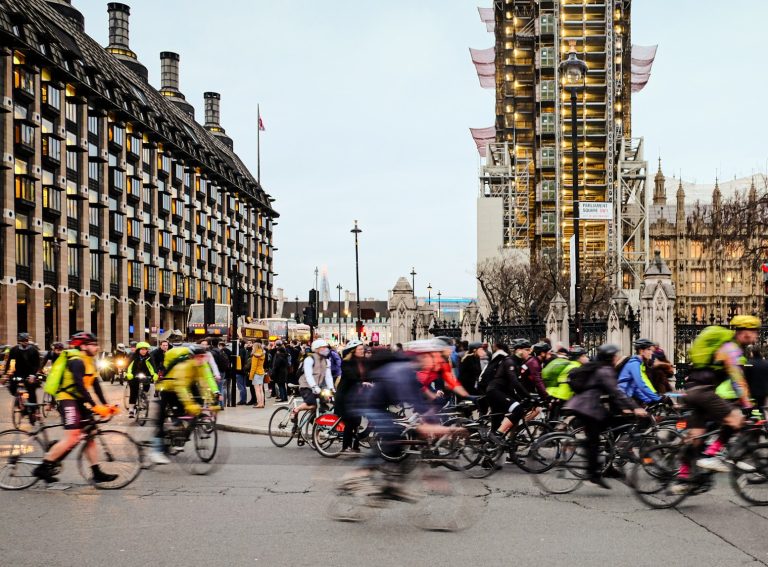The three Dutch cities of Amsterdam, Utrecht and Eindhoven have teamed up with mobility data platform Vianova to optimise the integration of new shared mobility services.
Paris-based startup Vianova is helping the three Dutch cities improve their collaboration with mobility operators through data insights.
These cities want to understand how new sustainable modes of travel, such as e-scooters and e-mopeds, can be developed to complement existing public transport offers.
All mobility providers in the Netherlands are already sharing their data with cities through Vianova’s marketplace, and more practitioners are joining the platform, adding feeds from various industry segments, including automotive manufacturers and Charge Point Operators (CPO).

While Vianova recently closed the deal with the three cities, it has been running a pilot to achieve various use cases since early 2022.
One such use case has been to design parking policies to improve public order in Utrecht. Communication between the City and its shared operator TIER is critical to the success of the shared mobility programme. The city uses Vianova’s tools to publish information about the location of approved parking zones for bicycles and mopeds, and to notify TIER when devices are parked out-of-bounds to minimise citizen complaints.
Eindhoven uses Vianova to understand the comparative impact of bicycles and mopeds from different providers, as the city takes a multimodal approach.
Evaluating metrics such as trip distance, duration and frequency allows the city to better understand how the two micromobility modes serve different niches in the region’s transportation ecosystem.
Alex Pazuchanics, Head of Policy and Partnerships at Vianova, explains why Dutch cities find the Vianova platform so useful. “Our strong partnership allows us to bring the latest in mobility technology to a region at the forefront of sustainable transport. It’s not just about data for data’s sake – it’s about finding the right data to answer tough questions. For example, how can we make sure shared mobility supports public transport rather than undercutting it? This is so that the city delivers better outcomes to citizens and travellers.”




